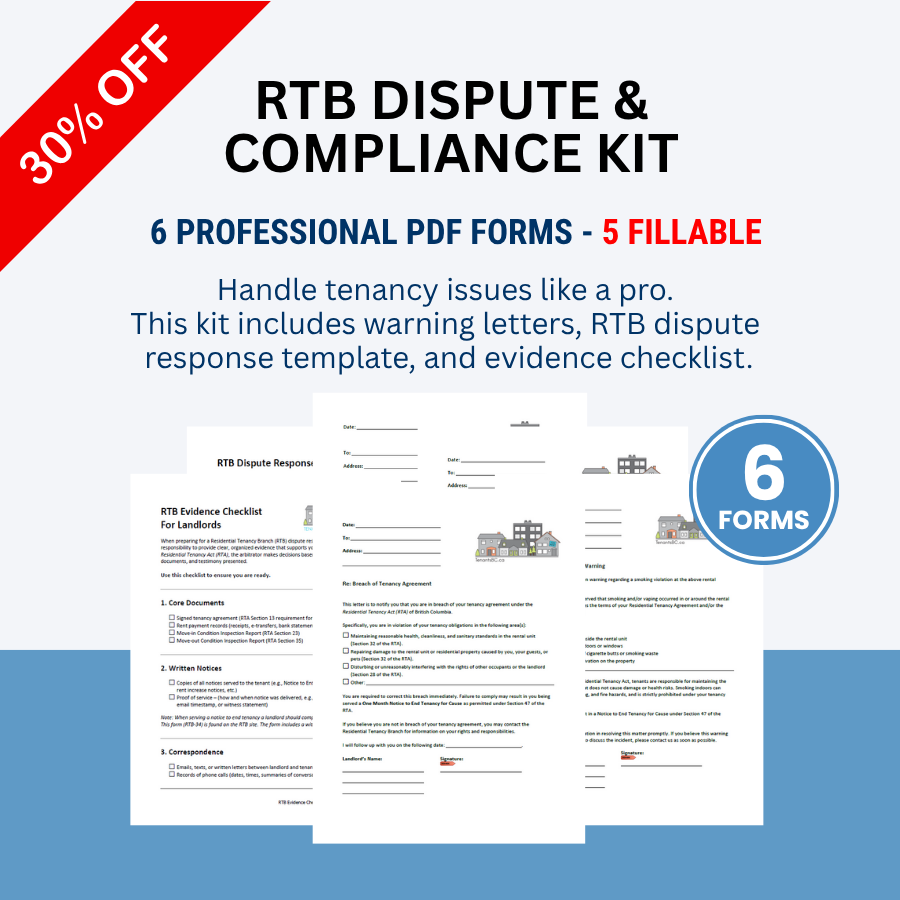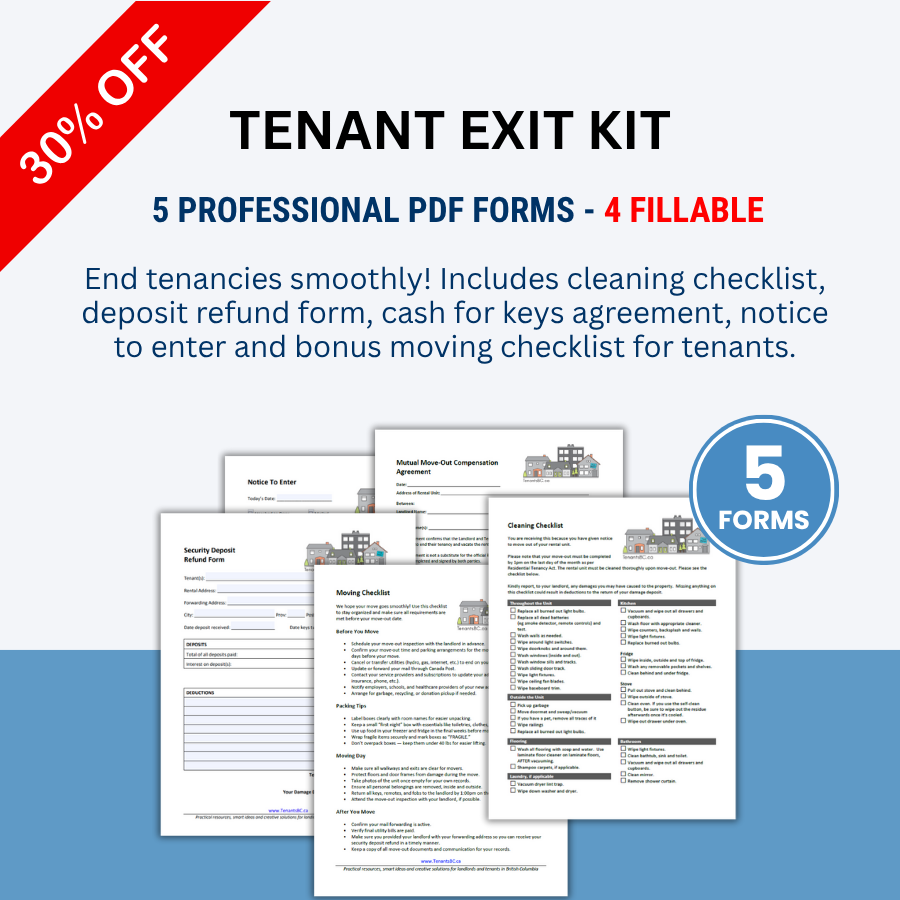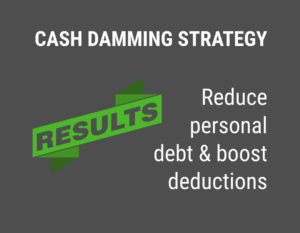When setting up a tenancy, one detail that often comes up is how utilities will be handled. Should the tenant put accounts like electricity and gas in their own name, or should the landlord cover the bills and collect a utilities payment along with the rent? Each approach has pros and cons, and the best choice often depends on the type of rental, the tenants, and how much management a landlord wants to take on.
Why It Can Work for Landlords
Water, sewer, garbage covered: These services are often billed directly to the property owner, so having tenants pay a utilities fee (added to the rent) makes sense. In many cases, landlords just absorb these costs, but including them in a utilities payment is an opportunity to recover those expenses fairly.
One payment is easier: It’s simpler to collect a single utilities payment than leave tenants—or you—to figure out complicated split bills (e.g., upper floor pays two-thirds, lower pays one-third).
Marketable: “Utilities included” is attractive to tenants, especially those with a history of being inconsistent in paying separate utility bills.
The Challenges (and How to Fix Them)
Higher costs: You risk paying for overuse if tenants don’t manage energy or water responsibly. Not if you use our Utilities Agreement.
Tenant conflict: Shared utilities can cause friction between tenants, especially if one feels they’re paying more than their fair share. With our Utilities Agreement, each tenant in a multi-unit property has their own set utility amount, keeping things clear and fair. It also allows you to adjust the utilities portion with 30 days’ notice if one tenant’s usage is consistently higher, helping prevent overuse problems.
Price balancing act: You may need to set rent higher to cover fluctuating costs. With our Utilities Agreement, you can adjust the utility payment with 30 days’ notice if costs increase.
Key takeaway: Most of the common problems landlords face with utilities can be solved by using a clear Utilities Agreement.
What the Residential Tenancy Act Says
Under BC’s Residential Tenancy Act:
-
Tenant responsibility for utilities: Utilities like electricity, gas, and internet can be the tenant’s responsibility if the residential tenancy agreement clearly states so, and the tenant usually must open the account in their own name.
-
Recovering shared utility costs: If the tenancy agreement requires one tenant to have utilities (electricity, gas, water, etc.) in their name, and other tenants under a different agreement do not pay their share, the tenant whose name is on the bill (or their agent) may claim the unpaid portion from the landlord.
-
Owner-billed utilities: Some services, like water, sewer, and garbage, stay with the property and are billed to the owner. A landlord may recover these costs by including them in the rent or by adding a separate utilities charge if agreed in writing.
-
Written agreement required: Any utilities arrangement must be put in the residential tenancy agreement (or an add-on agreement) to be enforceable.
Source: BC Residential Tenancy Act & BC Government – Residential Tenancy Policy Guideline GL1-2
Why a Utilities Agreement Makes Sense
If you decide to include utilities, it’s smart to have a written agreement. TenantsBC.ca offers a Utilities Agreement add-on that protects both landlords and tenants.
This agreement:
-
Clarifies responsibility for which utilities are included.
-
Protects landlords by allowing adjustments if utility costs increase.
-
Requires only 30 days’ notice to increase the utility portion, offering flexibility if rates spike.
-
Reduces conflict between tenants by giving each their own set utility amount.
Bottom line: Utilities don’t have to be a headache. Most issues can be prevented with a solid Utilities Agreement. Whether you include utilities in the rent or add them separately, spelling out the terms in writing keeps things simple and protects you from costly surprises.
👉 Download the Utilities Agreement add-on at TenantsBC.ca and make utilities easy to manage.












